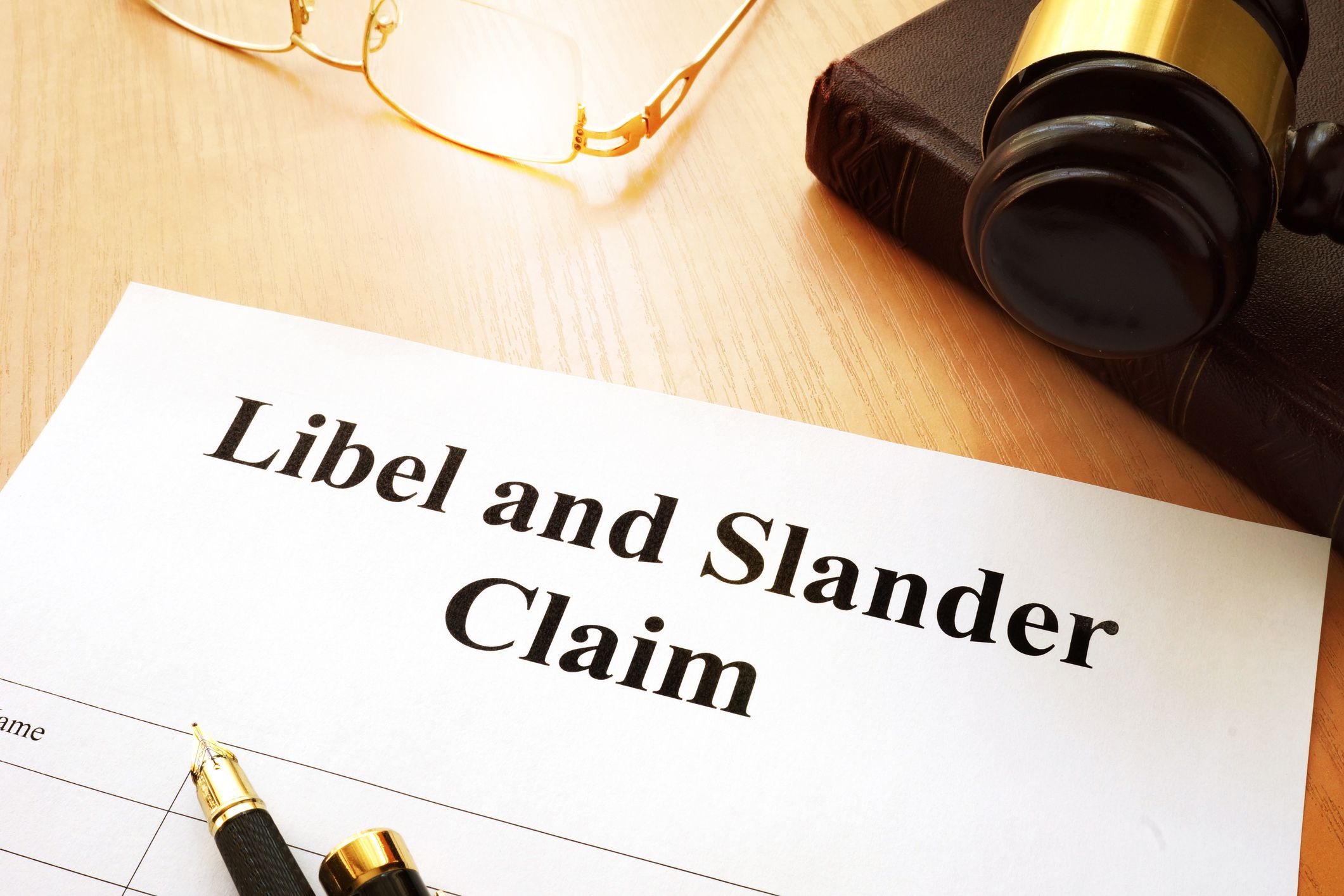The Fourth Amendment to the U.S. Constitution to protect citizens from unjust and unwarranted search and seizure of their property. It reads, “The right of the people to be secure in their persons, houses, papers, and effects, against unreasonable searches and seizures, shall not be violated, and no Warrants shall issue, but upon probable cause, supported by Oath or affirmation, and particularly describing the place to be searched, and the persons or things to be seized.”
In modern English, the Amendment says the right of the people to be secure against unreasonable searches and seizures shall not be violated—unless there is a warrant issued on probable cause describing the place to be searched and the person and things to be seized.
But, in certain situations under various state laws, judges may modify those rights when dealing with people released on probation. If you’re one of those probationers, a family member or friend, you’ll want to understand the legal aspect of searches.

3 types of probation search conditions that warrant a search:
Under 18 U.S.C. § 3563(b)(22), the court may provide the defendant “satisfy such other conditions as the court may impose.”
The Fourth Amendment has traditionally kept police from searching your body, belongings, or home without a warrant or probable cause. Still, judges, as a condition of sentencing someone to probation, often rule the probationer agree to warrantless searches.
Police Mag summarizes this: “As permitted by state law and the Supreme Court, parole and probation search conditions can provide police officers with a legitimate tool to detect and interdict criminal behavior.”
Any time, any place ruling
This is the tightest form of probation. The probationer agrees to searches at any time and any place. Such rulings often attach to felons involved in sex offenses.
The search is conducted by a probation officer although a police officer or child services representative may be present. Under this ruling, the officer does not need to suspect the probationer of a crime.
Reasonable Suspicion
Here, the probationer agrees to reasonable searches at reasonable times. The searching officer must have “reasonable suspicion” that the probationer has committed a crime or possesses contraband, like computer records, drugs, weapons, or stolen property.
Reasonable suspicion is not as restrictive as “probable cause,” and it does not require near 50% certainty that the detainee has done something illegal. It only requires the officer have the suspicion of an average person.
Contraband
A contraband ruling lets an officer search a probationer only if the officer suspects the probationer possesses drugs, weapons, or both.
A “drug search condition” or “contraband search condition” only allows an officer to search for drugs or weapons, not for evidence of other crimes unless the court has specified other forms of contraband.
The legal aspects of searches
Searches are not taken lightly by the courts. And, they have repeatedly been tested and refined before the U.S. Supreme Court. Many a case has been decided on the type of search and the correctness of its execution. No one is inclined to tamper with the Fourth Amendment, but legal oversight strives to identify and eliminate abuses.





